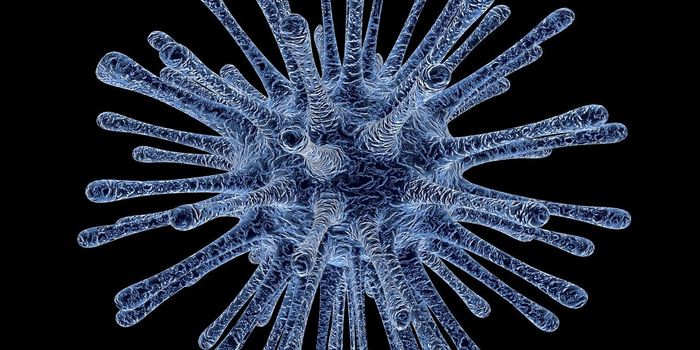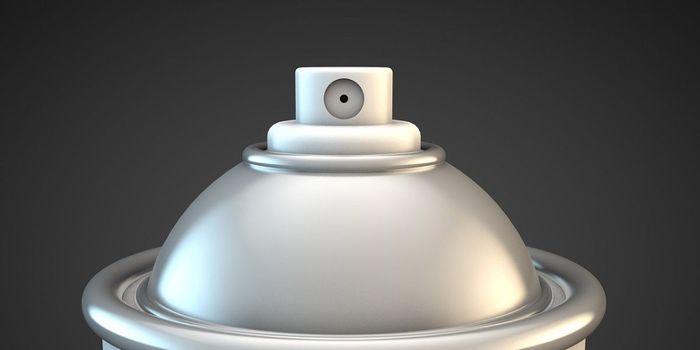Gene Variation Betrays Protective Cells in GI Tract
The recent discovery of not just one, but multiple genes that fail to protect the gastrointestinal (GI) tract from inflammatory bowel disease (IBD) when mutated could change the way experts approach intestinal diseases. Researchers used the gene-editing technology that has taken science by storm in the past decade, CRISPR/Cas9, to discover what appears to be a recessive mutation.
IBD, whether in the form of ulcerative colitis, Crohn’s disease, or another common type, is a chronic autoimmune disease characterized by inflammation of the GI tract, causing diarrhea, weight loss, and the death of cells lining the intestines.
"IBD is a chronic, relapsing, remitting disease in which evidence of healing in the lining of the digestive tract is critical for long-term remission. Current therapy tends to focus on reducing the inflammatory response," Dr. Bruce Beutler, senior author of the new study from UT Southwestern Medical Center. "However, proper healing of the mucosal layer and cells that line the digestive tract is essential to long-term remission. This study indicates that healing requires effective energy metabolism."
During their study in mice, Beutler and his team found a recessive mutation in the Gatm gene, which is necessary to swiftly rebuild the population of intestinal mucosal barrier cells that line the GI tract, which rapidly die off in cases of IBD.
“The Gatm gene is needed for the synthesis of creatine, a substance made in the liver that travels to the barrier cells and allows them to utilize energy in an efficient manner,” Beutler explained.
Creatine also naturally occurs in the body in the kidneys and pancreas and in foods like meat and fish as an amino acid. After being transformed into phosphocreatine, it can be converted into an energy form called ATP that can provide energy during short spurts of high-intensity exercise, making creatine a popular supplement for body builders and competitive athletes. But for the sake of the GI tract barrier cells, creatine provides the energy needed to supplement the GI tract with the cells it needs for protection.
The study clearly illustrated the relationship between Gatm and creatine: mice with two copies of the detrimental Gatm mutation showed symptoms of IBD, and their illness was somewhat alleviated when they were given creatine via their water supply.
"Mutations in this gene and others needed for mobilization of energy in cells may account for some cases of IBD in humans," Beutler explained. "Knowing these genes may help us to understand how IBD occurs in humans, and how to treat it."
Beutler’s study was recently published in Proceedings of the National Academy of Sciences.
Sources: UT Southwestern Medical Center, Crohn’s & Colitis Foundation of America, University of Maryland Medical Center









